The mission of the program is to promote academic, social, emotional, and communication development using a comprehensive, multidisciplinary approach to maximize positive outcomes for individuals and families we serve.
The key belief in this approach is that each individual possesses a unique set of strengths that can be fostered through holistic, individualized programming in the context of daily activities and engaging experiences.
We believe that effective programming requires the expertise of a multidisciplinary team of professionals who collaborate in a coordinated, goal-directed partnership with students, caregivers and family members.
The goal of programming is to promote independence, success, and well-being across activities and settings that are meaningful to the individual and their family for improved quality of life.
League School prepares students for their future using The SCERTS Model as a framework for development of outcome-oriented curriculum, meaningful goals and objectives, and individualized programming that facilitates healthy development and, ultimately, a successful transition to adulthood.
Quick Stats (2024)
- Top Ranked MA School
- School Type: Special Education School
- Grades: Prekindergarten-12
- Enrollment: 100 students
- Acceptance rate: 33%
- Average class size: 7 students
- Application Deadline: None / Rolling
- Source: Verified school update
School News
- An Autism School Seeks Behavioral Health...Through Humanism - 10/12/2023Description of our programming from the view of staff and students published in Autism Spectrum News.
Top Rankings
League School for Autism ranks among the top 20% of private schools in Massachusetts for:
Category
Attribute
Acceptance Rate
School Overview
School Type
Religious Affiliation
Grades Offered
Grades Prekindergarten-12
ADD/ADHD Support
Yes
Learning Difference Programs
Yes
Learning Programs Supported
All associated with the autism spectrum
Year Founded
1966
Summer School Offered
Yes
School Calendar
Student Body
Total Students
100 students
Student Body Type
Co-ed
% Students of Color
20%
State avg.: 30%
Academics and Faculty
Total Classroom Teachers
19 teachers
Student : Teacher Ratio
5:1
National avg.: 13:1
% Faculty w/Advanced Degree
60%
Average Class Size
7 students
Classroom Dress Code
Casual
Staff are expected to wear clothing that is neat, clean, and appropriate for the daily activities taking place in the classroom.
Staff are expected to wear clothing that is neat, clean, and appropriate for the daily activities taking place in the classroom.
Tuition and Acceptance Rate
Admission Deadline
None / Rolling
Tuition Notes
Tuition is typically funded by the local school district or state agency. For private pay information, please contact League School.
Summer Program Cost Notes
League is a 12 month program. Summer costs are included in annual tuition.
Acceptance Rate
33%
National avg.: 85%
Admissions Director
Lynne Goyuk
Admissions Associate
Lindsay Wagner
School Notes
- The League School of Greater Boston is a private nonprofit special education school approved by the Massachusetts Department of Elementary and Secondary Education (DESE) to provide educational programming and services for approximately 110 students. League`s students range from age 3 to 22 years and all are on the Autism Spectrum. Many of our students also have related neurodevelopmental disorders and learning disabilities. The day school is a 12-month program operating five days a week, 216 days a year. Our residential program services up to 32 students and provides services on the campus of the school 365 days a year. League School advocates for the acceptance of neurodiversity in the school, in the work environment, and the greater community.
- The school employees a multidisciplinary approach with The SCERTS Model as an overarching framework for meeting the emotional, cognitive, language, and social development needs of the students served. Under this framework, League School also employs Applied Behavior Analysis, Trauma Informed Care, and other therapeutic and educational frames of reference to individualize programming to meet each student`s unique needs and maximize quality of life.
- The philosophy of League School is based on the Mission, Vision, and Values developed through a strategic planning process in 2021 and implemented beginning in 2022.
- Mission: League School is dedicated to excellence in autism education and individual development. We employ a unique comprehensive approach emphasizing academic, social, emotional, communication, and behavior skills to maximize positive outcomes for the individuals we serve and their families.
- Vision: League School strives to be the premier organization serving the autism community so as to prepare individuals to thrive in and contribute to a neurodiverse world.
- VALUES
- Leadership: League School is devoted to being a leading educator of children and young adults on the Autism Spectrum by maintaining a commitment to one Mission: Excellence in Autism Education.
- Excellence: League School employs highly qualified, competent, and caring staff for the execution of its mission in the classroom, residence, and community.
- Acceptance: League School values each student as an individual and advocates for the acceptance and understanding of neurodiversity.
- Growth: League School utilizes an integrated, team approach to give our students, staff and families the strategies they need to advocate, make choices, and maximize growth in thinking, learning, emotions, and actions.
- Uniqueness: League School distinguishes itself by offering individualized programming (SCERTS), each designed to support social, academic, and community skills based on a student`s unique potential.
- Education: League School is committed to using holistic, evidence-based practice in all areas of education and avails itself of all resources and research in the field of autism.
- STUDENT DESCRIPTION
- League School of Greater Boston provides a wide array of educational, clinical, and vocational services for up to 110 students ages 3 to 22 years with Autism and other related neurodevelopmental disorders. The population ranges from students who are performing at grade level academically and may achieve a high school diploma to students who benefit from functional academic programming and are focused on life skill development.
- League School is not equipped to address the needs of students whose behavior includes fire-setting, history of attempted suicide, history of injury to others that could lead to severe injury or death, history of weapon use with intent to cause harm, self-injury that requires use of protective equipment (e.g. helmet, arm guards, etc.), history of self-mutilation (e.g. cutting skin with knife, breaking bones, etc.), sexually predatory behavior or repeated non-consensual attempts.
- PROGRAM DESCRIPTION
- The school employees a multidisciplinary approach with the SCERTS Model as an overarching framework for meeting the emotional, cognitive, language, and social development needs of the students served. SCERTS stands for Social Communication, Emotional Regulations, and Transactional Supports. Under this framework League School also employs Applied Behavior Analysis (ABA), Trauma Informed Care, and other therapeutic and educational models to individualize programming to meet each student`s unique needs and maximize quality of life.
- The League School maintains that the relationship between teacher and student is a primary tool in aiding the child`s emotional growth. The motivation behind behaviors, the relationship between the student and caretaker, the ability to communicate, the developmental level, and the age of the student must all be taken into consideration as students are assessed. Using this information, student support plans are developed using a multidisciplinary team approach to ensure that intervention strategies will best serve the individual students.Equally important in the program philosophy is the context in which assessment and education take place. The League School believes children can best grow in a highly structured environment that provides clear, predictable routines, as well as a wide selection of engaging individual and group activities supervised by warm, caring, and consistent adults.
- Both direct care and teaching staff are trained and supported by a network of professionals including program directors, supervisors, specialists, and consultants in the belief that increasing understanding of the individual child`s strengths and areas for growth enables staff to relate in the most appropriate and helpful modalities.
- Educational Programs: The League School provides three distinct educational programs (Foundations, Transitions, Pathfinders) that focus on the social communication and emotional regulation needs of the individual student in addition to their academic and behavioral needs. All of the League School`s curricula are based on the Massachusetts Curriculum Frameworks with embedded opportunities for vocational skill building, executive functioning training, independent learning, and activities of daily living. The Massachusetts DESE approved staff to student classroom ratios for all educational programs at a minimum require one teacher for up to four students or one teacher and two assistant teachers for up to eight students. Depending on the needs of the individual students and the group dynamics of the classrooms, League School may increase staffing to address specific needs.
Source: Verified school update
Frequently Asked Questions
What is the acceptance rate of League School for Autism?
The acceptance rate of League School for Autism is 33%, which is lower than the national average of 70%. League School for Autism's acceptance rate is ranked among the top private schools in Massachusetts with low acceptance rates.
What is League School for Autism's ranking?
League School for Autism ranks among the top 20% of private schools in Massachusetts for: Lowest average acceptance rates.
When is the application deadline for League School for Autism?
The application deadline for League School for Autism is rolling (applications are reviewed as they are received year-round).
School Reviews
Endorse League School for Autism. Endorsements should be a few sentences in length. Please include any comments on:
- Quality of academic programs, teachers, and facilities
- Availability of music, art, sports and other extracurricular activities
- Academic or athletic awards
Recent Articles

Montessori Schools
Montessori schools are popular world-wide with parents of children in the primary grades.

How To Find A Summer Program
Sending your children to a summer program or camp keeps them active in fun-filled settings. We explore your options.

Leadership, Legacy, and Learning: Pillars of Top Schools
We explore the key elements contributing to the success of leading private schools, highlighting the importance of strong leadership, a rich legacy, and a focus on comprehensive learning experiences.

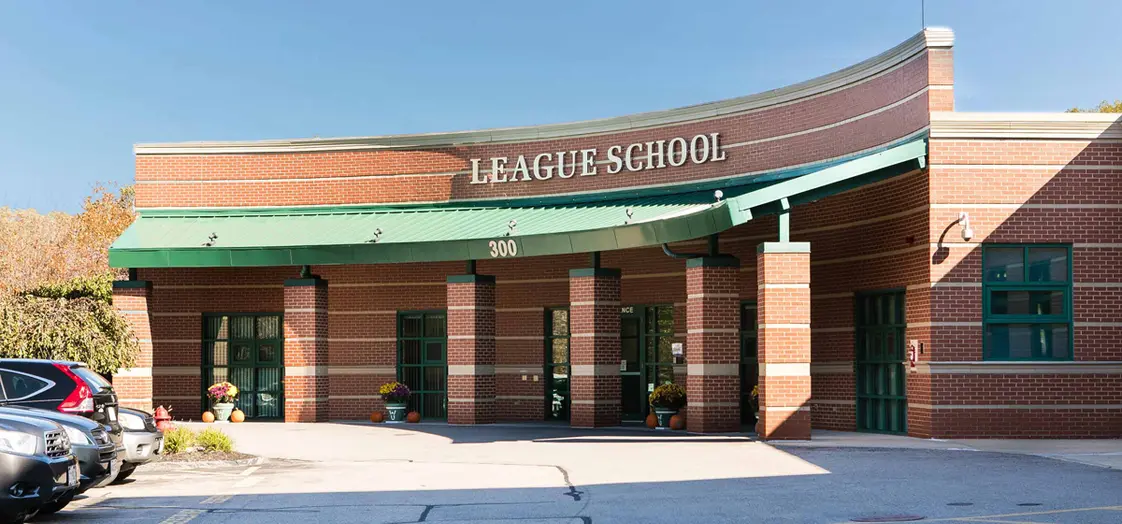

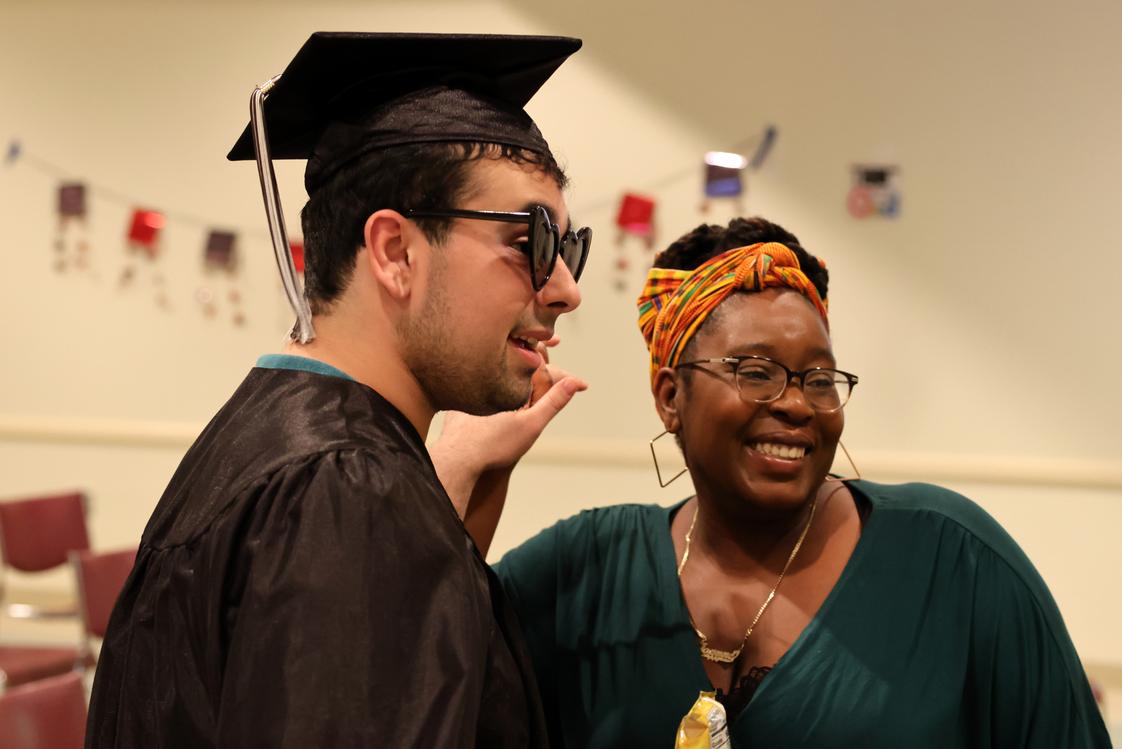

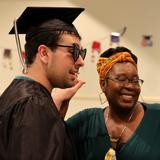
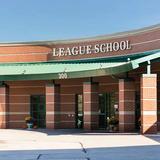
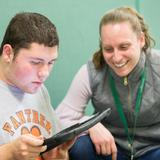
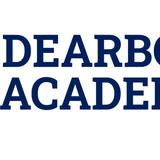
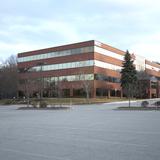





-4c3194pi4wis8gsg004w0g44w-280.jpg)

